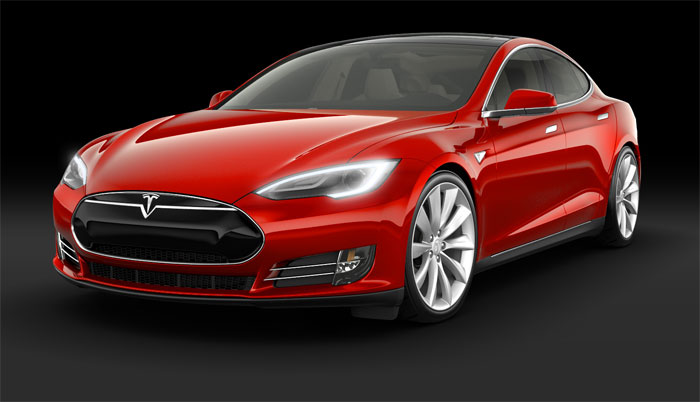Reuters/Oslo
Norway is reviewing its subsidies for electric vehicles after generous government incentives made the country the biggest user of battery powered cars in the world, hurting state revenues, the finance ministry said.
Norway registered its 50,000th electric car on Monday, almost three years earlier than expected thanks to government schemes that have cut taxes and provided a plethora of benefits, including an exemption from tolls and parking fees, free recharging stations and the use of bus lanes.
A fifth of all new cars sold in Norway have been electric so far this year and tiny Norway, with just 5.1 million people, accounted for a third of all European battery powered car sales last year, official data showed.
"Our goal is to present a final agreement on the review of the future of automotive and fuel taxes," the finance ministry said. "The outcome of the review will be announced in the revised budget (due in May)."
The current incentive scheme has been in place since 2012, but it came under criticism last year when sales of the Tesla Model S, a luxury sedan, soared and the budget lost 3 to 4 billion crowns ($380 to $510 million) in expected revenue.
Teslas, starting at about $70,000 and retailing for about$100,000 with extras, accounted for three percent of sales last year, prompting calls to end subsidies for wealthy buyers. Sales of the Nissan Leaf and Volkswagen e-Golf have also risen.
The Norwegian Electric Car Association argues that the benefits need to be maintained longer as only two percent of the cars on the road are electric, still a relatively small figure even if Norway leads the rest of the world by a wide margin.
Norway generates nearly 100 percent of its electricity from hydropower so the shift to battery powered cars results in a net reduction in greenhouse gas emissions -- part of the country's plans to reduce emissions by at least 40 percent by 2030 compared to the 1990 level.
Norway is also Western Europe's biggest oil and gas producer with about 3.7 million barrels of oil equivalents per day and its offshore energy sector accounts for a fifth of the economy.

Tesla Model S, a luxury electric sedan
